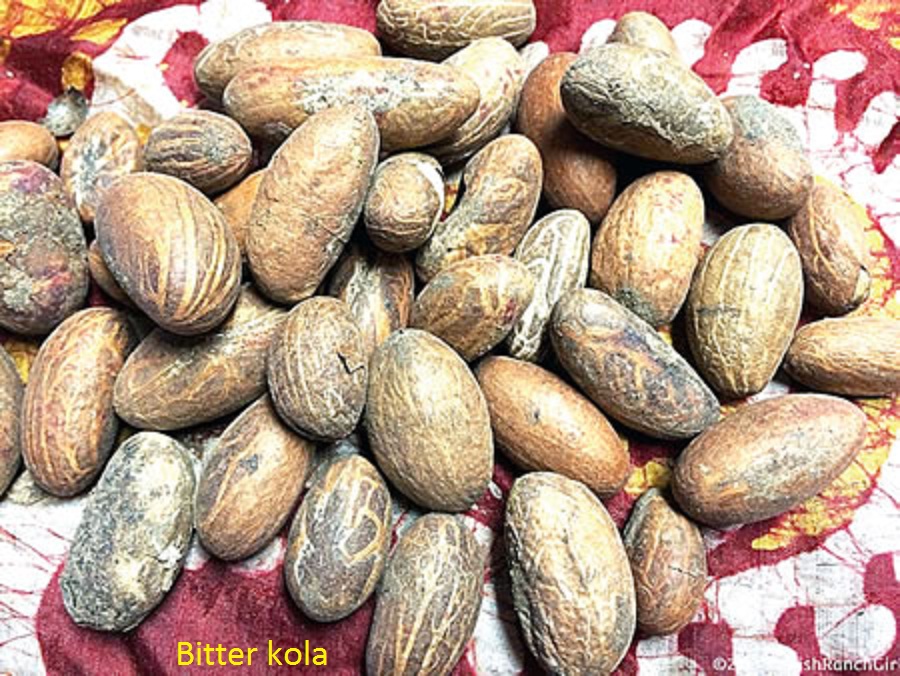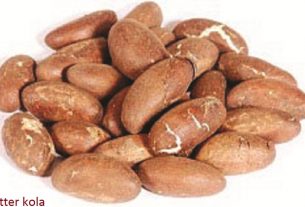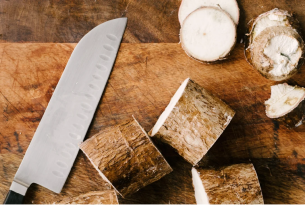Researchers have confirmed the malaria protective effect of daily consumption of bitter kola.
Malaria can cause a range of symptoms and life-threatening complications, so an early and accurate diagnosis is crucial.
In animal studies, researchers found it demonstrated antimalarial activity and could be considered a readily available and cheap alternative to malaria medicines like chloroquine.
The study which investigated the antimalarial properties of ethanolic extract of bitter kola against Plasmodium berghei in infected Swiss albino mice said its continuous consumption should be for at least four days for its effectiveness.
They said extract of bitter kola seed reduced average daily malaria parasite level in infected mice in a dose-dependent manner and its dose at 400 mg/kg competing favourably with chloroquine, the standard antimalarial drug.
The researchers had made an ethanol extract of bitter kola after chopping its seeds that was peeled into smaller pieces and airdried before finally grinding it into a fine powder using a blender.
The 2020 study in the Asian Journal of Medical Principles and Clinical Practice involved Augustine I. Airaodion at the Federal University of Technology, Owerri, Imo State in collaboration with John A. Ekenjoku, K. O. Ngwogu and A. C. Ngwogu.
Bitter Kola, commonly called Namiji goro in Hausa, Orogbo in Yoruba and Aku-ilu in Igbo is a masticatory used in traditional medicine, cultural and social ceremonies.
The seeds are used to prevent or relieve colic, cure head or chest colds and relieve cough. The seed also has anti-inflammatory, antimicrobial, antidiabetic and antiviral as well as antiulcer properties.
Sixty Swiss albino mice weighing between 20 and 25 grammes were randomly divided into six groups of 10 mice each. Groups two to six were inoculated with infected blood suspension containing malaria parasite (Plasmodium berghei) while those in group one were not infected and this served as the normal control group.
Animals in group two were administered normal salt solution (negative control), those in group three were administered Chloroquine diphosphate (standard antimalarial drug as positive control), and those in groups four, five and six were administered 100, 200 and 400 mg/kg of the ethanolic seed extract respectively.
All treatments were done 12 hourly for five consecutive days from when parasites were first seen in the infected animal blood. Four days after the treatment was stopped, the animals were weighed and sacrificed.
Nigerian Tribune





